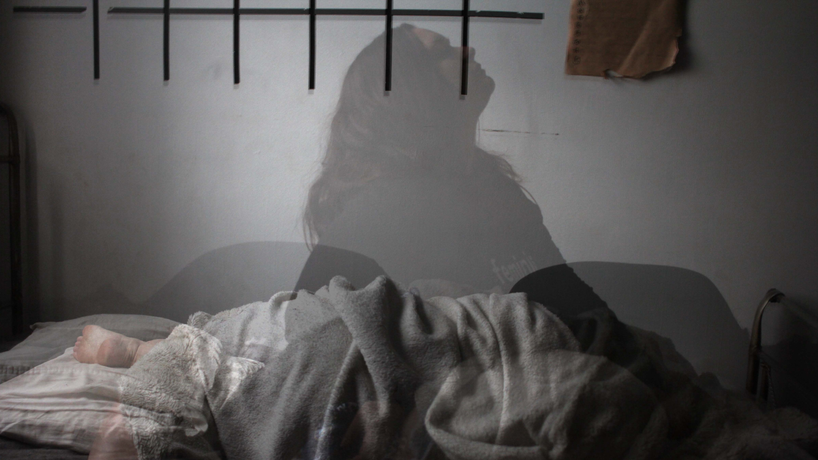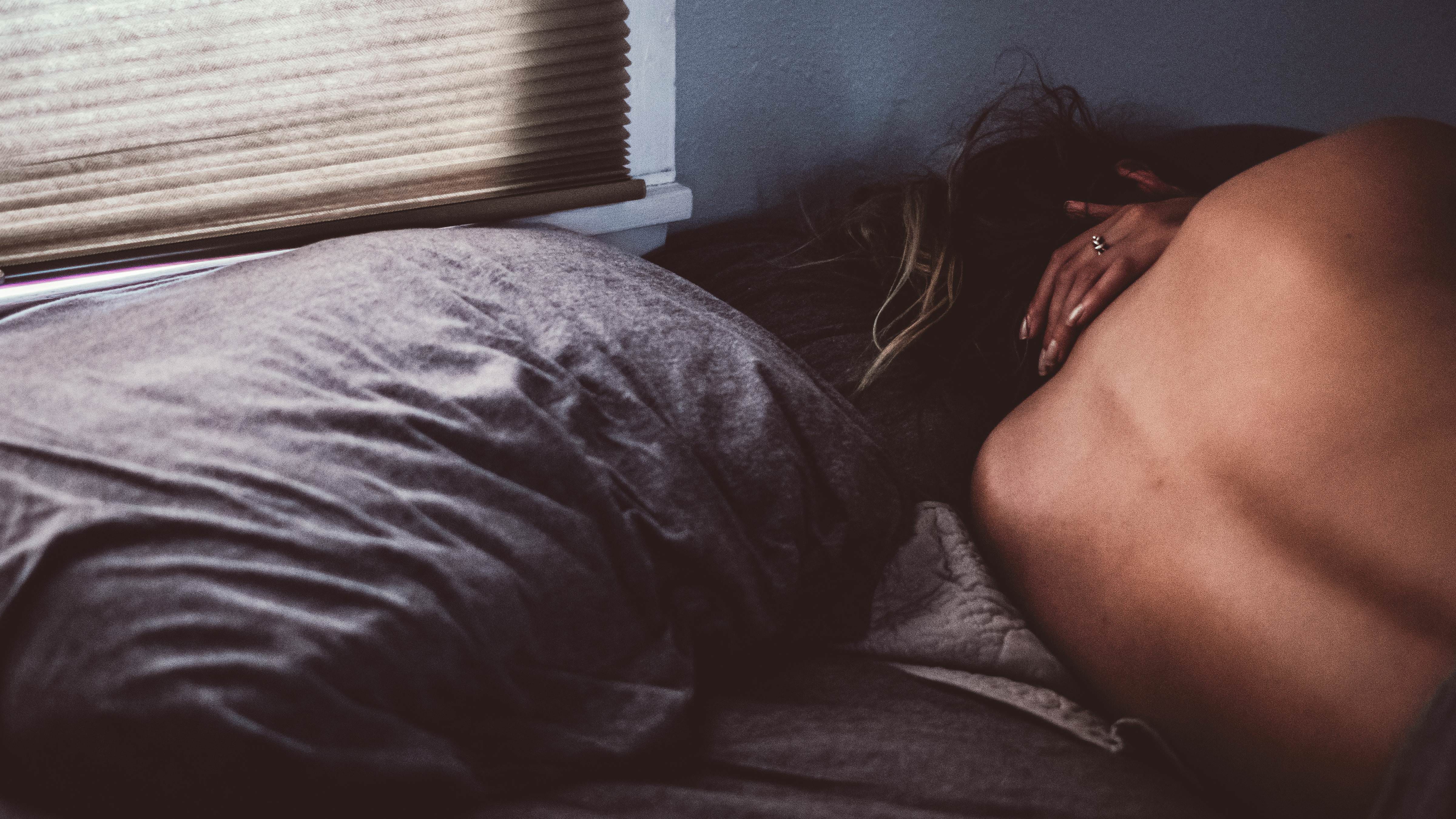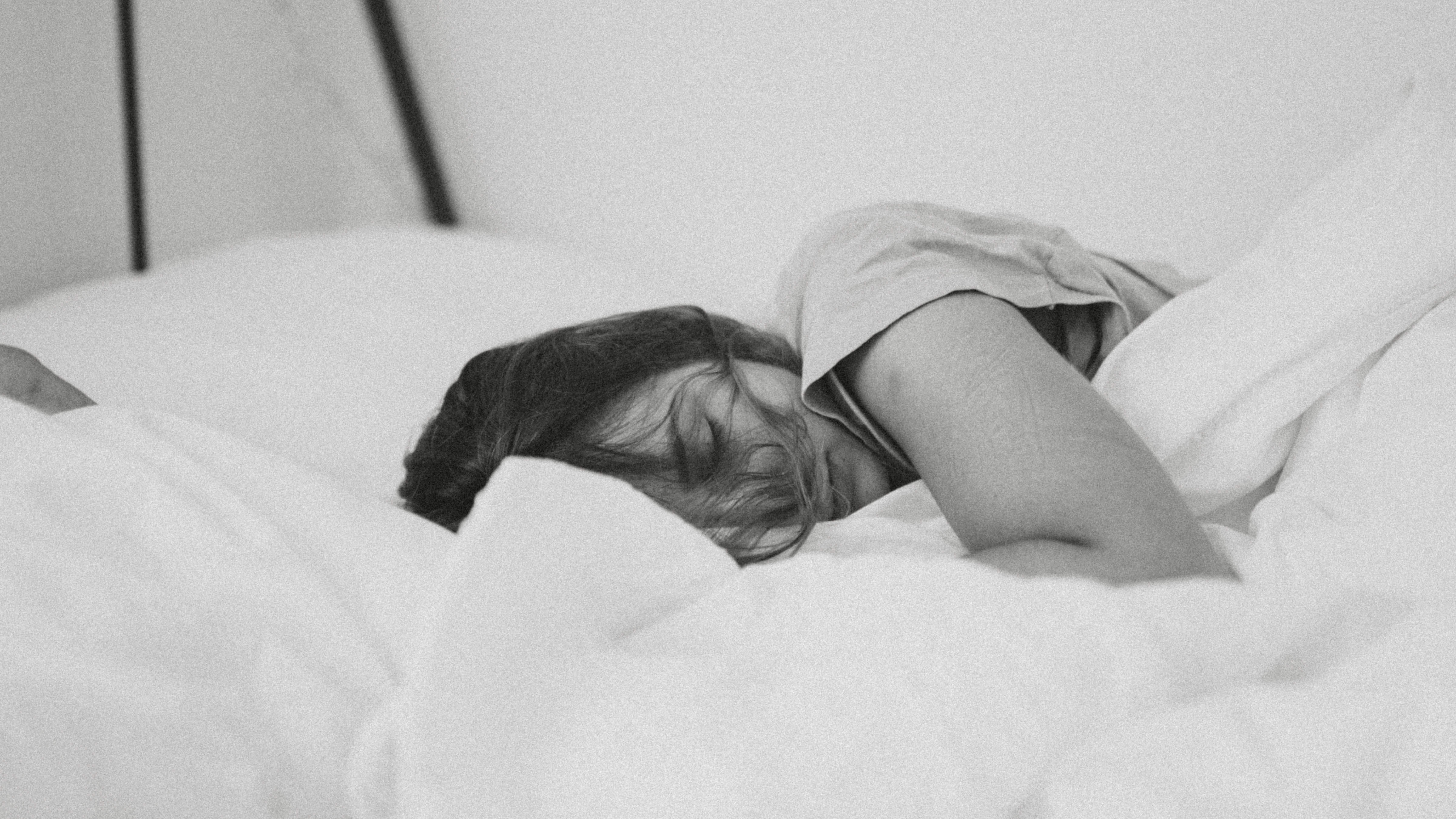
Solutions to All of Your Sleep Problems
Josie SivignyYou brew chamomile tea at 8:30 p.m., add valerian root, and top it off with melatonin.
You turn down the lights and press play on the white-noise compilation you just downloaded; the peaceful baby fast asleep on the cover looks promising. You’re determined to get a good sleep tonight. You have to, for your sanity.
Suddenly, it’s 2:00 a.m., you’re wide awake, and the theme song from Full House is inexplicably stuck your head. Again.
You just want one hour. One minute. Why is this happening? Who invented sleep anyway?
Unfortunately, you’re not alone in your plea for a good night’s sleep. Sleep problems affect millions of people every night, and range from insomnia to narcolepsy. Below, we’ve listed some of the signs and symptoms of sleep disorders and tips to solve them.

Insomnia
Insomnia is the most common sleep disorder, but oftentimes, insomnia occurs as a symptom of an underlying issue, such as anxiety or depression. Either way, it’s likely that you’ve experienced difficulty getting to sleep or staying asleep on at least one occasion in all the years you’ve been sleeping.
The phenomenon mentioned above in the form of a Full House reference is an actual thing called “earworm,” which is the scientific term for when you have a song stuck in your head. For most, having an earworm is a short-lived annoyance that goes away as soon as they focus on another cognitive task. However, for some, this phenomenon is a symptom of severe anxiety disorders such as Obsessive Compulsive Disorder (OCD) and can be excruciating, lasting entire days or even weeks, making it all the more difficult to sleep soundly.
One of the most effective, scientifically proven ways to get rid of an earworm is to listen to the song all the way through. This may seem counterproductive, but when you have a song stuck in your head, it’s because your brain has latched on to a certain part of the song. By listening to it all the way through, you’re detaching it from your brain. Chewing gum and focusing on a mental task (e.g., playing Sudoku, watching a movie, etc.) are said to be effective in killing an earworm, as well.
Other remedies for insomnia:
- Stay away from caffeine after noon (if you can’t abstain entirely, switch to decaf)
- Keep electronics out of your bedroom
- Go screen-free for the hour leading up to bedtime
- Read a book rather than using your phone or turning on the TV

Sleep apnea
Sleep apnea is a dangerous sleep disorder during which you stop and start breathing intermittently throughout the night. Gone untreated, this disorder can cause permanent damage to other systems in the body and can even be fatal.
There are three types of sleep apnea:
- Obstructive sleep apnea (OSA) – the most common type of sleep apnea, occurs when your throat muscles relax and is often the cause of snoring
- Central sleep apnea – when your brain doesn’t send the right signals that control breathing
- Complex sleep apnea – the co-occurrence of both obstructive and central sleep apnea
If you think you may be experiencing sleep apnea, there are a few things to consider:
Do you…
- snore loudly?
- wake up suddenly gasping for air?
- always feel fatigued or unrested?
- experience frequent morning headaches?
If you answered ‘yes’ to any of these questions, it is not a confirmation that you have sleep apnea, but there could be more to the story and you should talk to your doctor. The doctor may have you participate in a sleep study, or ask you to set up a device in your bedroom to record your sleeping behaviors. If you observe that you snore when laying on your back, it could be a sign of OSA. Try falling asleep on your side or your stomach to take pressure off your throat while you sleep. Avoiding alcohol before bed is also recommended.

Restless legs syndrome
Also known as Willis-Ekbom Disease (WED), restless legs syndrome (RLS) is a condition that causes an uncontrollable urge to move one’s legs due to an uncomfortable (or restless) sensation, making it difficult to sleep. Judging by its name, it sounds like a physical ailment, but the cause is neurological—specifically, an imbalance of the chemical dopamine. RLS has also been associated with anemia (iron deficiency).
If you think you’re experiencing RLS (or a condition that may cause RLS), start documenting the occurrences so you have info to give your doctor. Things to document include:
- Time of day the symptoms occur
- What the symptoms feel like (i.e., painful, tingling, aching)
- Medications you’ve taken that day
If you’re in the moment and need relief from RLS, taking a warm bath or massaging your legs can help. Also, try doing some light leg exercises like squats or lunges.

Narcolepsy
A common misconception about narcolepsy is that it causes you to instantly fall asleep at random times throughout the day. In reality, it makes you feel very sleepy all day regardless of how much rest you get. People living with narcolepsy have Excessive Daytime Sleepiness (EDS) and often experience “sleep attacks,” which cause a sudden and overwhelming sense of sleepiness.
There are lifestyle adjustments you can make if you feel like you’re living with narcolepsy, such as incorporating regular exercise and taking short naps throughout the day as needed. However, it’s important to know that narcolepsy is a complex neurological condition that should be professionally diagnosed by a doctor, as many of the treatment options involve prescription medication.
Sleep is crucial to whole-body health and a lack of it can increase your risk of illness. The information above is not intended to diagnose a disorder, but if you are having a hard time sleeping, consult with a doctor. Hopefully, a little peace of mind will help you get some sleep.



